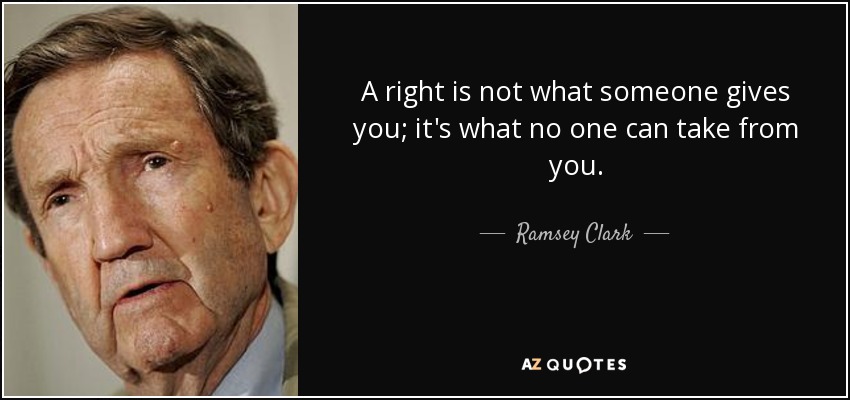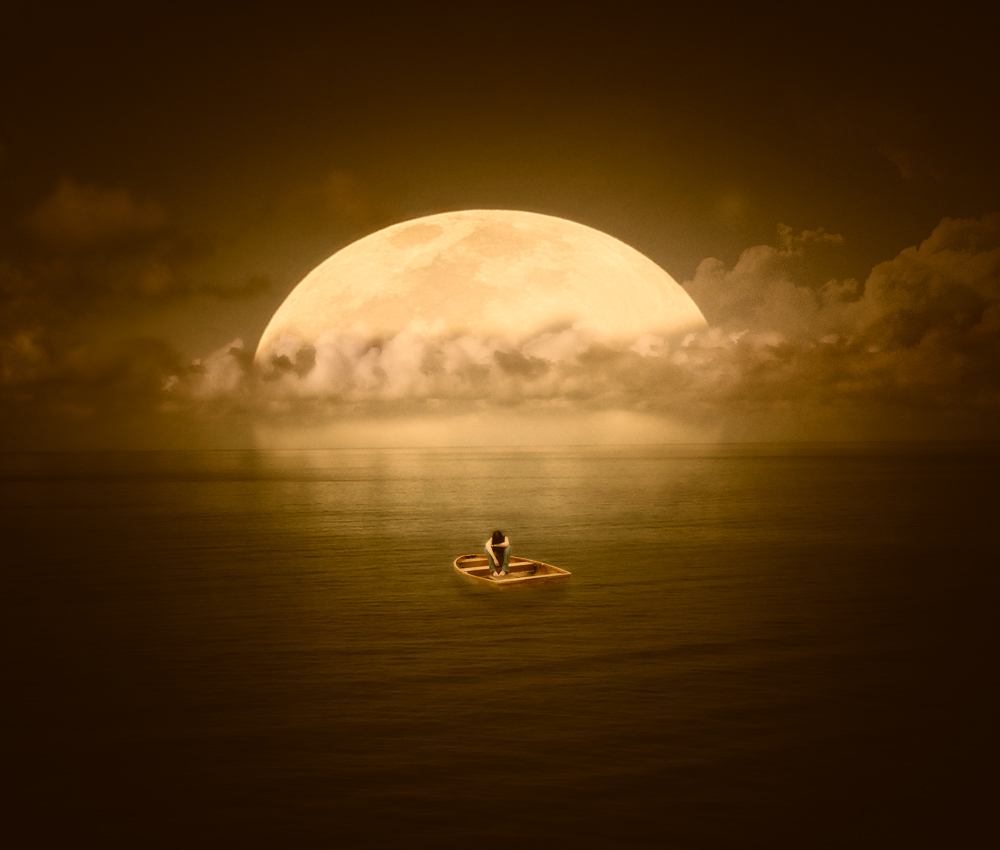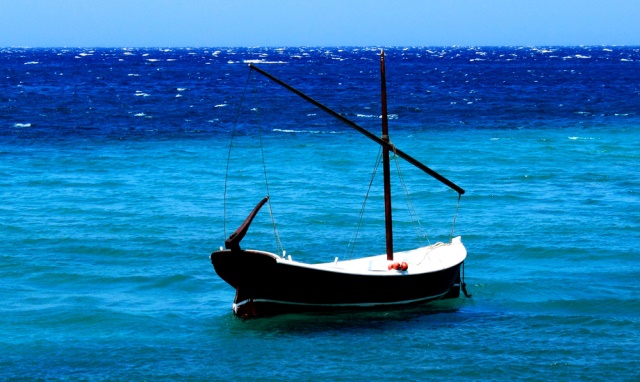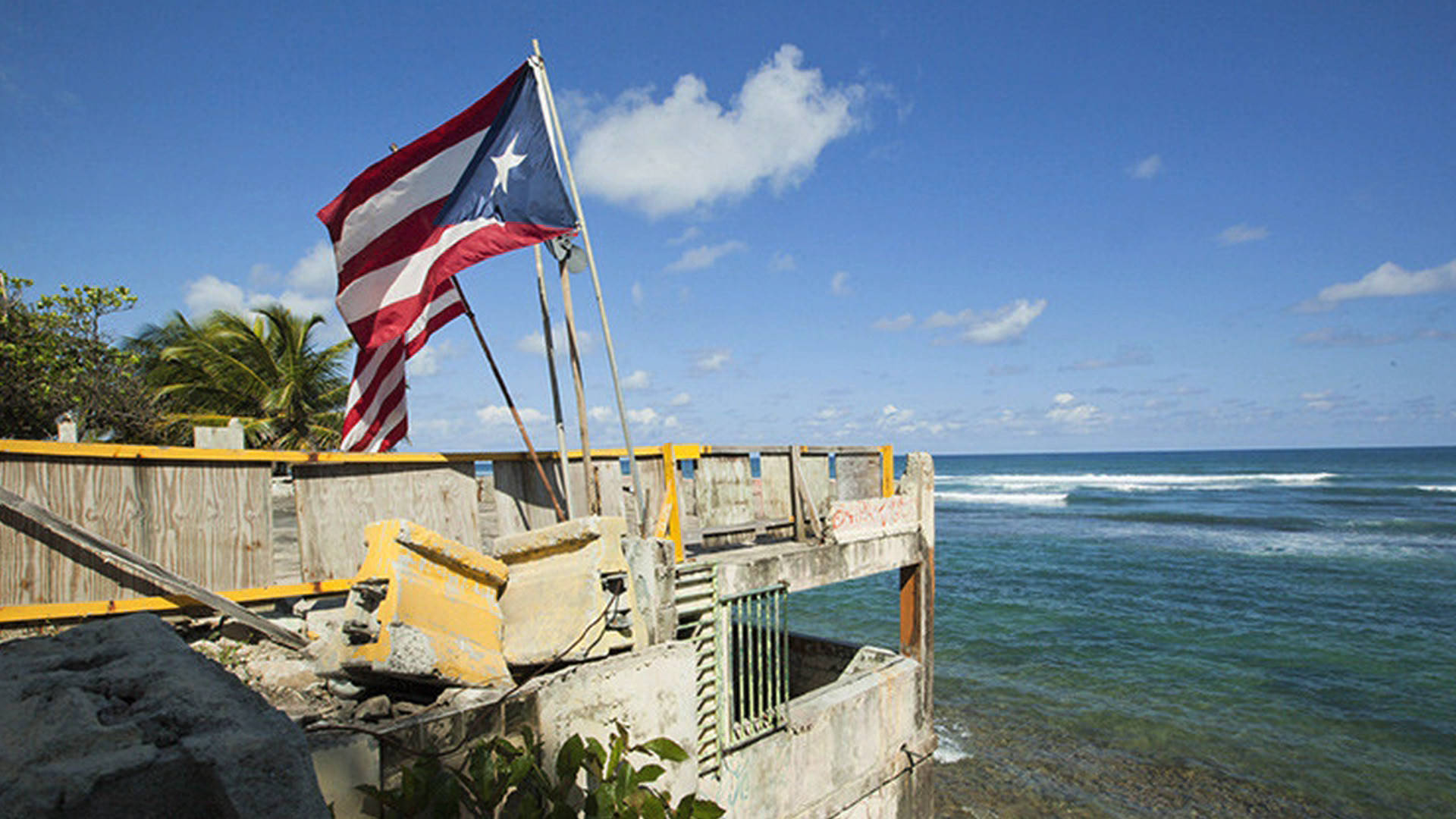Ricardo Alarcón de Quesada
For Jimenito
College elections
At the beginning of the 1954-1955 academic year, I met a character, Leonel Alonso, who was supposed to be my classmate who immediately announced to me that he aspired to be the next President of the Federation of University Students (FEU), something that he was about to achieve. The first step towards that goal was to win the presidency of the School, which he achieved with the support of the Socialist Youth who controlled our Association.
Leonel, however, faced an insurmountable obstacle: the system and teaching methods of Philosophy and Letters that were quite different from those prevailing in the rest of the University. In addition to the quality of the faculty in our School, there was compulsory attendance to classes, periodic tests, seminars, workshops and conferences that anticipated what would become generalized in 1962 with the University reforms.
I never saw him in any of those activities nor, by the way, in the demonstrations and acts of protest against the dictatorship. One day what had to happen happened. Leonel abruptly burst into a room, interrupted and disrespected a teacher and she, logically, denounced him to the School administration, which proposed the suspension of Leonel’s rights to the University Council .
The Student Association decided to go on strike in support of its leader and organized a general assembly to carry it out. I sat surrounded by my companions. Above was Leonel, vice president Amparo Chaple and the Secretary of the Association.
It occurred to me to ask for the floor to oppose the strike, arguing that the School administration had fulfilled its duty. Leonel shot back in a melodramatic tone. “My colleagues’ words,” he said, “have deeply hurt me, his words have reached my clavicle” and when he said this he moved his arm in an arch and placed his hand on his hip. There was some laughter. The girls who accompanied him on the platform moved their hands indicating that he should raise his. Leonel repeated what he had said and as he did so he also repeated the same gesture. And so there he was with his hand where I already described looking in amazement at what was already general laughter. The “strike” failed.
The electoral campaign was carried out with two candidacies, ours and Amparo Chaple’s, and was characterized by the cordiality that always existed between us.
The day came when the presentation of candidatures before Nantilde León, Greek Language teacher and General Secretary of the School, would conclude. The morning was about to end and with it the registrations when the head of the Socialist Youth of the University, Raúl Valdés Vivó, arrived with the papers corresponding to Leonel. Nantilde returned them noting that the University Council had ratified the sanction against him.
Raúl then presented those of Adolfo Rivero, also from the Socialist Youth and whose aspiration no one knew of. Nantilde looked at the clock, it was already past noon and also rejected said candidacy.
There were protests and some shouting, but soon everything calmed back down. We were leaving the building when Raúl complained – “you´re not sportsman like” – to which he received the immediate, blunt reply from Fructuoso: “we’re not playing ball here.”
Our candidacy had to face what in the Cuba of the day was known as the “negative vote”, the convergence of various factors, which despite their contradictions, united their votes to defeat a common enemy. In our case they were the Creole oligarchy (Laureano), the remnants of the bonchismo (Leonel) and the Socialist Youth. They teamed up to defeat Susa and me, although in truth their goal was to defeat José Antonio and Fructuoso.
Although we lost the election, Amparo’s courageous, dignified, authentic communist behavior, by voting for José Antonio, turned the setback into victory.
Leonel maintained the favor of his “lefty” allies. After ’59 he was named Ambassador until one fine day he stole the funds from his Diplomatic Mission and went to Miami to fight for the freedom of Cuba.
As for Valdés Vivó, I must say that although we had great differences, before and after ’59, we also fought some battles together and with the passage of time, we learned to respect one another and even treat each other cordially.
On the links between the M-26-7 and the Directory
The best definition was given to me by Fructuoso and I repeat it: “It’s the same”.
I also mentioned before that on March 14th he hid in Pepe Garceráns´ house, one of the leaders of the 26 of July Movement and a childhood friend of mine. I am sure that there were other cases of aid to those persecuted after the attack on the (Presidential) Palace and the takeover of Radio Reloj. But allow me to recount one that I always remember.
It was on the afternoon of March 13th and on 23rd Street between 24 and 26, not far from where the shadowy Bureau of Investigation was located. In that place we were able to locate Joe Westbrook and Carlos Figueredo (el Chino), the latter injured. The incident was the subject of one of the first productions of the ICAIC (Histories of the Revolution).
Marcelo Plá, one of the main leaders of the Youth Brigades of the Movement who was studying Medicine, managed to cure el Chino under those very limited conditions.
In conclusion
I saw Juan Pedro and Machadito several times in the Plaza Cadenas (today Agramonte) helping to distribute texts from the PSP (Socialist Popular Party) and the Socialist Youth. Anyone who has known them, Joe and Fructuoso, knows that the Humboldt 7 martyrs were far from anti-communists. If they had not been assassinated they would have been at the forefront of our people in the struggle to achieve socialism and a communist society.
In those years I read a lot of Jean Paul Sartre including “Materialism and Revolution” where I found an illuminating warning: for the Stalinist the main enemy is not the bourgeoisie but the revolutionary who does not belong to the party.
I also believe along with William Faulkner that : “the past is never dead. It is not even past ”.
Published in the original in Spanish https://jcguanche.wordpress.com/2021/05/17/humboldt-7-el-crimen-infinito-y-2/










